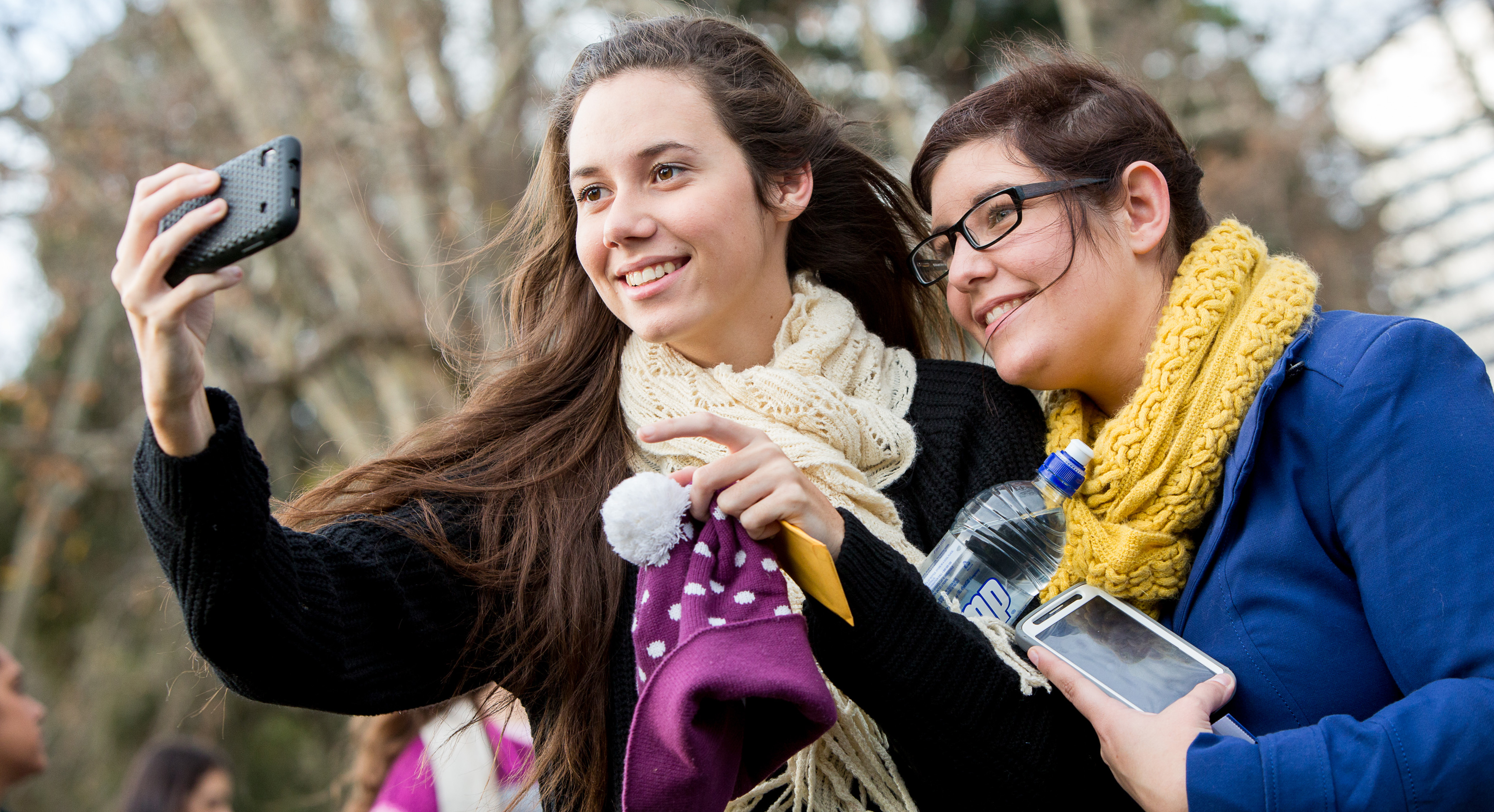Share the love with positive posts

On social media, good news travels faster and further
Published 17 December 2015
We are drowning in a sea of negativity amid a daily tsunami of bad news. Yet new science in the field of positive psychology shows that sharing good news with others can provide you and the people you care about a much needed life raft.
Social media has given us the power to take the news into our own hands and, given the choice, we would rather make our friends happy than sad. Researchers at the University of Pennsylvania tracked the virality of almost 7000 articles from the New York Times over a three-month period and found the more positive the NYT article was rated, the more it was shared.
Our choice to be positive gatekeepers of social media has beneficial effects on the wellbeing of others. Researchers at Tübingen University who tracked the emotional responses of Facebook users in Germany and the USA found reading other people’s positive posts triggered feelings of happiness, amusement and connection.

In a massive online study of over 500,000 Facebook users, researchers at Cornell University partnered with Facebook to alter the amount of positive versus negative emotional content appearing in the feed and then tracked the emotional content of the subsequent user posts.
When users saw positive emotional feeds they wrote more positive posts and fewer negative posts. The opposite patterns occurred when online feeds had more negative content.
This is a process known as emotional synchronization and shows that you can positively impact the wellbeing of people in your social networks by choosing to post good news.
Positive emotions don’t just synchronize, they also spread.
University of California San Diego researchers tracked emotional content of posts generated by a large sample of online platform users over three years.
They found each post expressing a positive or negative emotion caused friends to generate one to two additional posts expressing the same emotion. What’s more, these positive posts then spread through social networks by up to three degrees of separation.
With one positive post you can brighten up the day of someone you’ve never met. Understanding the impact news – good and bad – can have on our moods is important for many reasons. In the midst of a 24/7 news cycle dominated by stories about violence, war, natural disasters and corruption adhering to the media adage “if it bleeds, it leads” – it’s little wonder people report depression and worry after watching nightly news bulletins.
The reaffirming aspect of this research is that it shows we want to hear good news and we are using social media as a medium to create and disseminate it. Maybe one day the media corporations will start to take notice and see that there is market demand for good news.
There has certainly been an increase of websites such as Positive News, which since being established in July has become the world’s first crowd-funded global media cooperative. The paper is now owned by 1526 readers, journalists and supporters.
So, how can you go about sharing good news? You can commit yourself to writing more positive posts on Facebook, Twitter, Instagram and to sharing more good news in person. I recently had my own experience of ‘art imitating life imitating art’, or should I say “research imitating life imitating research” when my TEDx Talk on the power of sharing good news was launched online and the talk was shared by many people through their social networks.
Recently I used my Twitter account (@ProfLeaWaters) to set up a positive-detective campaign and asked my network to spot examples of positive qualities in others.
I wake up every day to a new positive tweet and so do all of those in my network.
It’s an easy and effective way to get some positive emotional therapy. You can do something similar.
Sharing your good news might seem like a small gesture but it can have a big effect and provide people with a life raft in the sea of negativity that is often mainstream media. Isn’t it time we steered our own boat?
Banner image: Students at a University of Melbourne Murrup Barak Experience Camp
